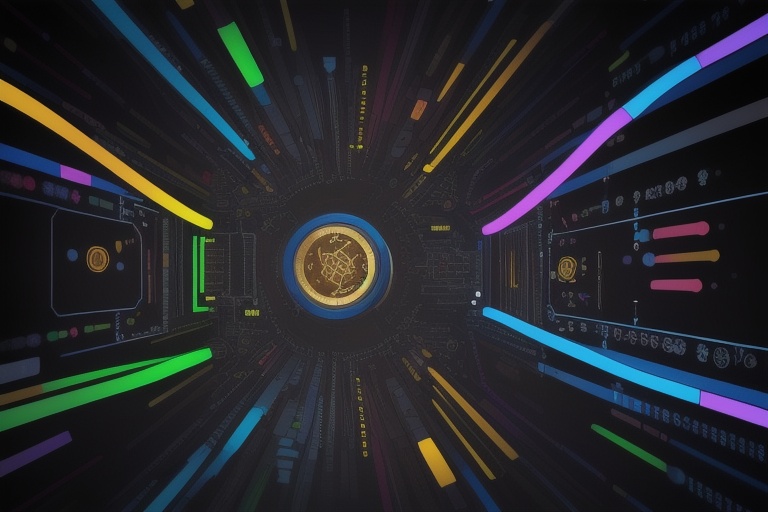Artificial intelligence (AI) has been capturing the spotlight for quite some time, igniting curiosity about its capabilities in comparison to human intellect. There's no denying that AI can outshine in certain domains, but it lacks the extensive scope of competencies inherent in humans, which includes general intelligence, creativity, and the ability to understand complex social cues. Through this blog post, we aim to elucidate the concept of AI, pinpoint its constraints, and explore its potential horizons.
Artificial intelligence (AI) has been capturing the spotlight for quite some time, igniting curiosity about its capabilities in comparison to human intellect. There's no denying that AI can outshine in certain domains, but it lacks the extensive scope of competencies inherent in humans, which includes general intelligence, creativity, and the ability to understand complex social cues. Through this blog post, we aim to elucidate the concept of AI, pinpoint its constraints, and explore its potential horizons.
What is Artificial Intelligence?
At its core, AI is a technological revolution that equips machines with the capability to execute tasks that typically necessitate human intelligence. These tasks might span an array of functions such as discerning patterns, making decisions, and processing natural language. Thanks to technological leaps in computational prowess and data crunching, AI now boasts a role in a myriad of sectors—be it powering autonomous vehicles or ushering in a new era of virtual personal assistants.
Limitations of AI Technology
Despite its strides, it's pivotal to acknowledge that AI's efficacy is deeply tied to the quality of data it is fed. Garbage in, garbage out, as the saying goes. This dependence on data training means that any biases present in the data will likely transfer to the AI's judgments or actions. When it comes to creativity and emotional intelligence, AI still has a long distance to tread. Unlike humans, AI systems don't possess the nuanced understanding required for these complex aspects of intelligence.
The Complementary Nature of AI and Human Ingenuity
One should not view AI as a contender vying for human superiority but rather as a valuable ally that can amplify human creativity and resourcefulness. While AI can sift through colossal datasets and discern patterns beyond human reach, it is not equipped to replicate the inherent intuition and creative spark that fuels human innovation.
AI's Transformational Impact
The promise of AI in revolutionizing industry practices and solving intricate challenges is profound. Harnessing AI's analytic might allows for more knowledgeable choices and enhanced productivity. Nonetheless, the emphasis remains that AI is not a substitute for human intuition and creativity. It is incumbent upon us to craft a harmonious bond between technology and the human spirit, ensuring AI's deployment is carried out responsively and ethically.
In fostering this synergy, we pave the way for a society that not only thrives on technological advancements but also maintains the essence of human creativity and innovation. By placing AI in roles where it can perform optimally and leaving tasks that require the human touch to people, we enhance our collective capabilities.
Conclusion
To encapsulate, artificial intelligence, in all its brilliance, is not a one-stop replacement for human intelligence but a valuable instrument that, when used thoughtfully, enriches our abilities. As we venture forward into an AI-augmented future, it behooves us to remember that the blend of human creativity with advanced technology is where the most significant potential for progress lies.
Information for this article was gathered from the following source.




